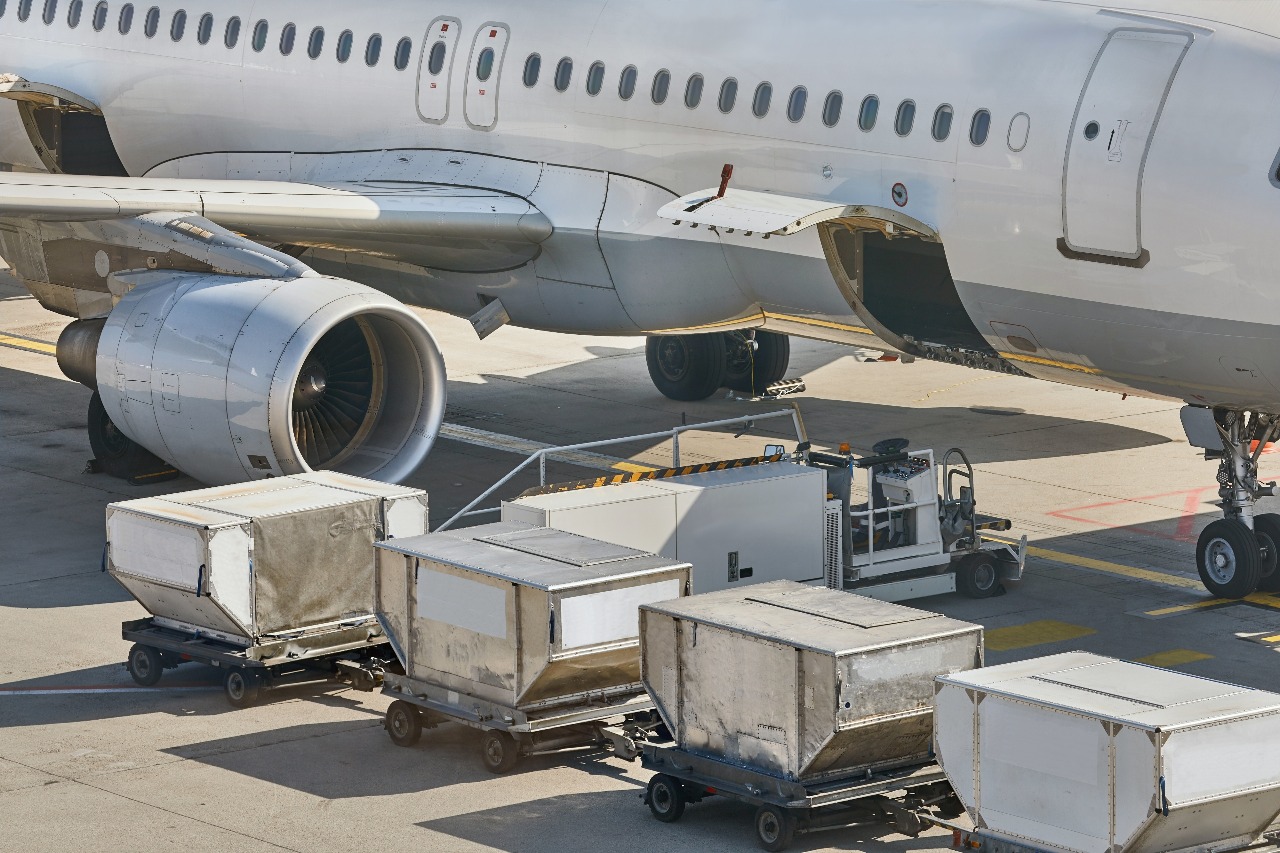Emerging technologies such as AI are revolutionizing air cargo — and reshaping supply chains along the way.
Advanced business integration models and supply chain technologies are transforming the shipping and logistics industry, air freight especially. For supply chain managers who rely on air freight at key junctures throughout their business, the practical application of big data mined from real events is helping to design better traffic planning and coordinate more strategic infrastructure management — all of which promise to boost shipping ROI.
As shipping and logistics professionals continue to monitor their supply chains with an eye on emerging trends in air freight, it’s vital to stay informed in order to make the best short- and long-term decisions.
A Move Toward Horizontal Integration
Four decades after Congress deregulated US airlines, increasingly frequent mergers of major carriers are stoking rapid change in the air freight sector. With a handful of airlines controlling most of air travel in the US, carriers are beginning to embrace technologies that will enable them to operate larger fleets with less manpower.
The sustained movement toward consolidation is prompted in part by a simple logistical challenge: landing space. The decrease in the number of airlines has resulted in increased rates for landing slots — especially at high-capacity airports — forcing air freight providers to utilize space as efficiently as possible. Fortunately, carriers are investing in increasingly sophisticated tracking technologies and new logistics management tools that help them optimize their use of space.
Increased Vertical Integration
Another major trend in air freight is the rise of vertical integration, in which carriers assume control over freight forwarding, warehousing, and local cartage processes. With fewer companies competing, carriers are using new platforms such as sophisticated service-tracking and optimized transportation management systems (TMS) to exercise higher control over their supply chains. In the process, they’re streamlining communication at every stage of the chain, better optimizing overland routes, and simplifying delivery schedules.
On the flip side of the coin, shippers of various sizes are turning to air freight consolidation services to streamline their own shipping processes. Freight consolidation is a particularly savvy solution for shippers working on a JIT (just-in-time) model, or companies with especially nimble supply chains who send smaller volumes at high frequencies but may or may not have enough freight to personally charter flights.
Emerging Tech Optimizing Supply Chains
A number of emerging technologies have the potential to bring widespread changes to shipping and logistics — air freight included. Indeed, automated systems could soon solve the shortage of skilled labor that’s plagued the industry in recent years.
In particular, artificial intelligence (AI) and drones are affecting air cargo supply chains as they currently function. Major aerospace manufacturers like Boeing and Airbus are already investing in self-piloted and remote-piloted aircraft development projects, with a number of pending permits for new out-of-the-line-of-sight aircraft flying at lower altitudes. In fact, China is already deploying drones to deliver packages, a trend which will only open up delivery opportunities for professionals willing to leverage these new capabilities.
AI isn’t the only recent advance that’s changing shipping and logistics either. As new IoT-integrated routing software is becoming common in road freight supply chains, the possibilities for new applications in air cargo will continue to grow.
Adapting to Changes with a Tested Logistics Partner
As new technologies impact the air freight sector, businesses may be left wondering how they can keep up. Fortunately, there are cost-effective solutions for small- and medium-sized operations looking to leverage emerging capabilities on any budget. By partnering with a knowledgeable third-party logistics provider (3PL) or integrated logistics services provider (ISP), it’s possible to adapt to a changing logistical landscape in a way that drives value and boosts shipping ROI.
With over 20 years of experience in domestic and international shipping and logistics, Primary Freight has the resources you need to deliver lasting value for your business. Whether you’re a small operation looking for a partner to scale with or a larger business interested in redesigning your logistics program, Primary Freight can leverage logistics technology and long-standing relationships throughout the shipping industry to craft unique solutions to your supply chain needs.
Call Primary Freight today at (800)-635-0013 and let us help you drive your bottom line and refine all of your supply chain operations.
